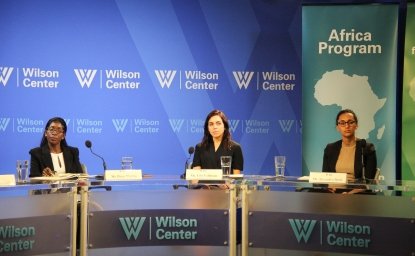Making the Dividend Count: Bridging Research and Africa’s Policy Processes

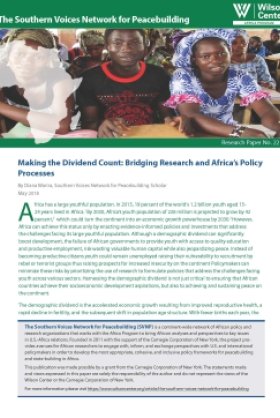
Africa has a large youthful population. In 2015, 19 percent of the world’s 1.2 billion youth population aged 15-24 years lived in Africa. By 2030, this youth population of 226 million in Africa is projected to grow by 42 percent. This fast-growing population positions African countries to be able to harness a demographic dividend. The demographic dividend (DD) is the accelerated economic growth resulting from improved reproductive health, a rapid decline in fertility, and the subsequent upward shift in population age structure. More people in the labor force with fewer children to support can provide countries with a window of opportunity for accelerated economic growth. While some African countries are making progress with regard to policies and implementation related to the demographic dividend, others continue to struggle with elevating the issue as a policy priority.
In this paired paper and policy brief, Southern Voices Network for Peacebuilding Diana Warira examines the role of science communication in policymaking for the demographic dividend. She provides policy recommendations on how demographic dividend researchers and development experts, and African governments and policymakers can foster more effective communications between researchers and policymakers, as well as better facilitate the uptake of evidence-informed research to policymakers.
Author
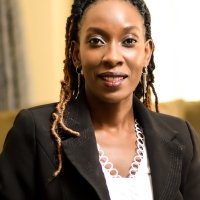
Communications Officer, African Institute for Development Policy (AFIDEP)

Africa Program
The Africa Program works to address the most critical issues facing Africa and US-Africa relations, build mutually beneficial US-Africa relations, and enhance knowledge and understanding about Africa in the United States. The Program achieves its mission through in-depth research and analyses, public discussion, working groups, and briefings that bring together policymakers, practitioners, and subject matter experts to analyze and offer practical options for tackling key challenges in Africa and in US-Africa relations. Read more

Explore More
Browse Insights & Analysis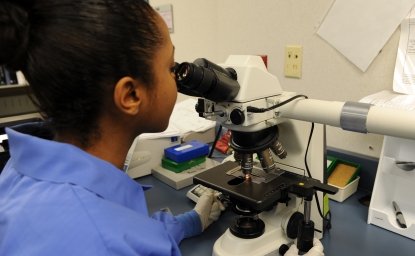
What is 'Evidence-Informed' Policymaking?
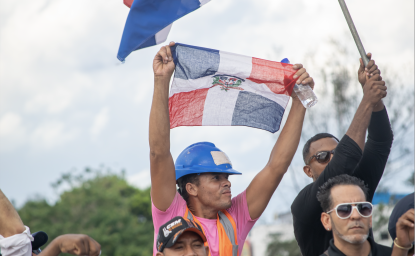
Beating the Backlash: Can Incremental Approaches Strengthen NGO Responses to Security-Based Migration Policies

